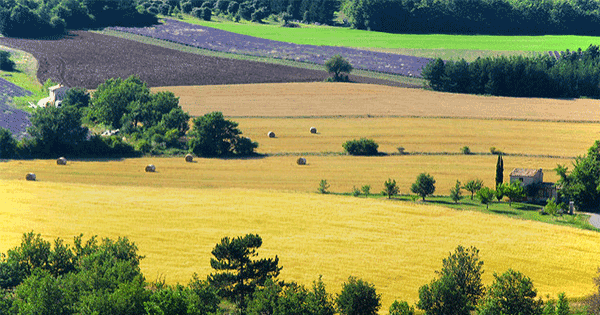
Lately, there has been no shortage of critical attention and homage paid to James Baldwin. Raoul Peck’s documentary I Am Not Your Negro draws an important line between Baldwin’s civil rights–oriented writing and activism in the 1960s and the Black Lives Matter era we currently inhabit. But one of the most compelling and underpublicized works I’ve encountered is Jules B. Farber’s superb 2016 biography James Baldwin: Escape from America, Exile in Provence. It painstakingly fleshes out the writer’s final 17 years, which he spent living in a sprawling farmhouse—currently in danger of being demolished by a developer—just outside the walled medieval village of Saint-Paul-de-Vence, in the south of France. The book is especially worth considering in juxtaposition to the Peck documentary and the somewhat narrow image it portrays of the author’s “earlier, fiery, angry tone of the sixties,” as Farber writes. He correctly points out that Baldwin, in the face of attacks from a younger generation of black writers and activists, was able to seek refuge and “take distance and become more complex and humane with a more lucid vision of race relations, human tolerance, and understanding” in Provence.
Among many of the gems inside, Farber contextualizes Baldwin’s odd-couple relationship with Jeanne Faure, the far-right pied-noir from Oran, “who carried a resentment all her life for dark-skinned North Africans who had forced her departure,” and from whom he rented and eventually attempted to purchase the farmhouse by means of a slew of IOUs. (He may have ultimately been given sections of the property.) The two grew close, and when French President François Mitterand awarded Baldwin the Légion d’Honneur, Faure accompanied him to the ceremony in Paris—a valuable reminder that the man who has become a streamlined icon led a full and complicated life.

